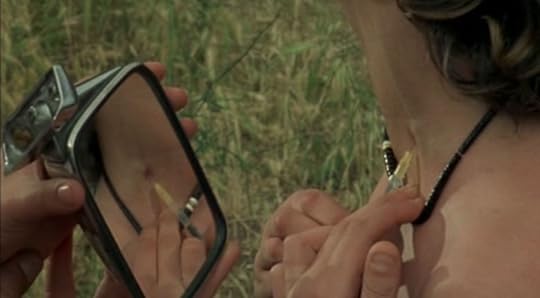What do you think?
Rate this book


245 pages, Paperback
First published January 1, 1977






“I remembered only the good and loveable things about him, not the wretchedness he caused me, and the dope, and the resentments and silence and the half-crazy outbursts. I remembered his smell and the colour of his eyes and his head thrown back to laugh; these things were a second away, in time, but the others I dredged up dutifully, knowing that I must, for the sake of truth and sanity, try to keep a balance.”